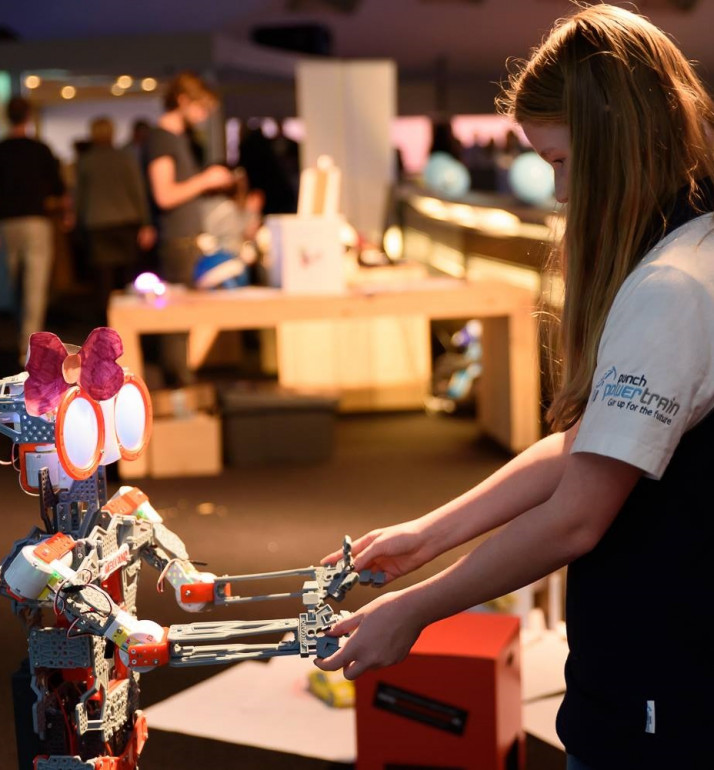
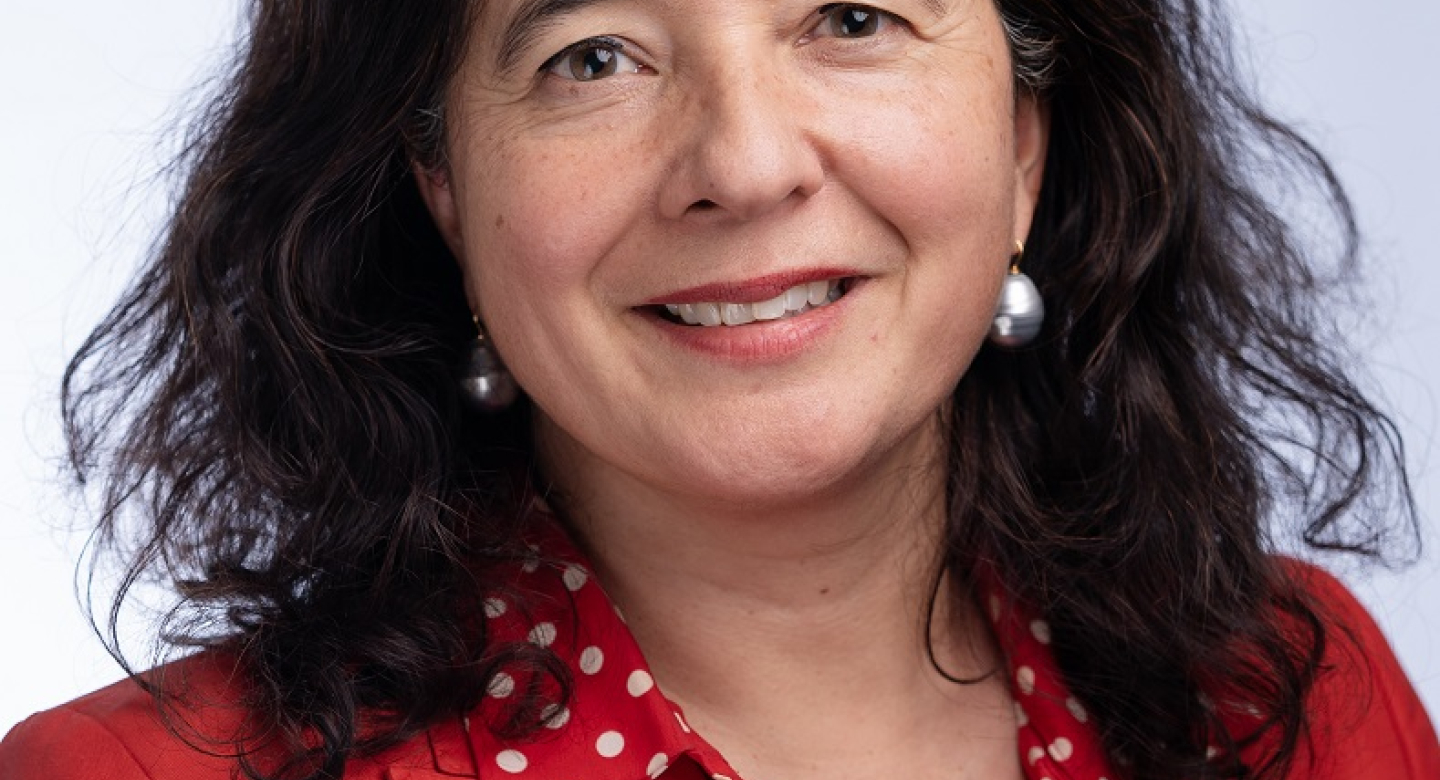
Championing cultural diplomacy and international cooperation
Meet Dewi van de Weerd, the Netherlands’ Ambassador for International Cultural Cooperation and former Ambassador to Albania. In our discussion, Dewi shared insights into her role and vision for cultural diplomacy. Recently, Netherlands Branding and ICE (International Cultural Policy Unit) collaborated to develop a communications toolkit about the cultural sector and creative industries.
As ambassador, my priority is to strengthen international cultural cooperation. Culture fosters mutual understanding between people and countries, evoking emotions and helping us understand each other beyond words. It is a pillar of our diplomatic work, with my position established almost 60 years ago to recognize its importance.
In my work, I bring the right people and organizations together to enable new cultural cooperation. I collaborate with the entire Dutch cultural field and creative industries, embassies, cultural funds, and partners abroad. These collaborations aim to strengthen the cultural sector in the Netherlands and partner countries, build bilateral relations, and support sustainable development, focusing on cultural projects that address topics like environmental awareness, inclusion, and human rights.
Our work faces challenges and opportunities. For instance, COVID made it difficult for our cultural programmes to continue, but it also led to more Dutch books being translated than ever before, increasing market shares for translated Dutch books in various foreign markets.
Our cultural teams at embassies and the ICE cultural department in The Hague engage with a wide range of stakeholders daily. It is crucial to maintain a uniform and visually appealing style that represents our values and identity. With the new NL branding established, we felt it was the right time to enhance the toolkit for the cultural sector and creative industries by adding a dedicated chapter. Creative industries are a vital part of our economy, contributing 3.7% to our GNP. This significant economic impact underscores the urgency of supporting and promoting these sectors effectively. Additionally, the recent publication of our new international cultural policy framework for 2025-2028 made this an opportune moment.
We have impactful projects globally. For instance:
- In 2024, the cultural team in New York launched the Future400 program, featuring over 50 activities across all disciplines, exploring the cultural historic ties between New York and the Netherlands from multiple perspectives, including Dutch settlers, indigenous communities, and descendants of enslaved people.
- We support group presentations in design annually, especially at the Salone del Mobile in Milan, a crucial platform for international breakthroughs and discussions with buyers, producers, journalists, curators, and museums. The 2023 edition, opened by Queen Máxima, highlighted the Netherlands’ support for the sector.
- Special attention is given to emerging designers and studios who haven’t presented their work abroad, helping them make contacts leading to new opportunities, such as interior design company Sordile or participants in the Dutch Satellite, our collective stand at the Salone del Mobile.
At the 2025 World Expo in Osaka, Japan, with het Nieuwe Instituut as curator, we are creating a cultural programme designed by Dutch and Japanese artists, showcasing the Dutch creative sector and fostering future collaborations.
Building with Nature exhibition at the Erasmus Huis in Jakarta
The rapid advancements in technology and the influence of social media have made the internet a powerful diplomatic tool, facilitating international cultural cooperation and blending cultural influences. It allows us and other organizations to share cultural narratives and foster cross-cultural dialogues. While there are risks, social media offers exciting opportunities to expand our work, especially with our new communication toolkit.
Digital technologies, including AI, have been employed to create fascinating innovations in the cultural sector. For instance, Beste İleri’s “SENTIMAP” at the Istanbul Modern uses AI to interpret newspapers and classify them into emotional categories, creating an emotion map of Istanbul.
Real-life meetings remain important, as not everything can be done through a screen. Exciting trends include the role design plays in creating a sustainable future. Innovative Dutch design attracts global interest and offers solutions for global challenges. An example is the “Building with Nature” exhibition in Indonesia, which interactively showed how natural materials can be used for sustainable house construction. Many societal challenges require international cooperation, making cultural diplomacy crucial for bringing people together and finding creative solutions.
Dive in
-
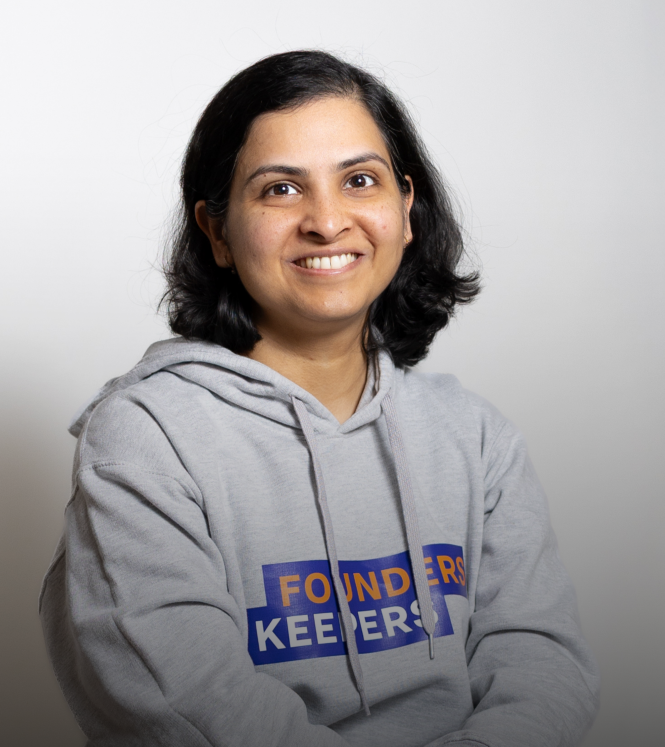
-

-
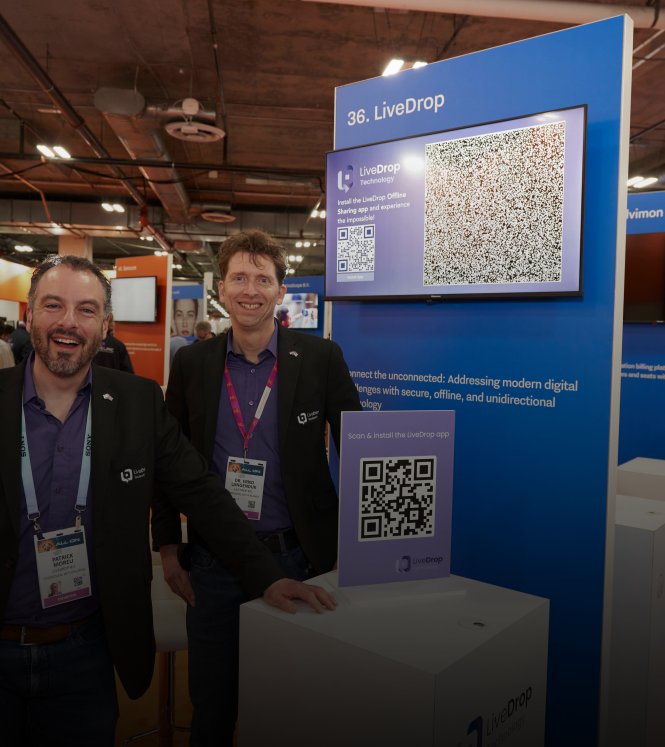
-
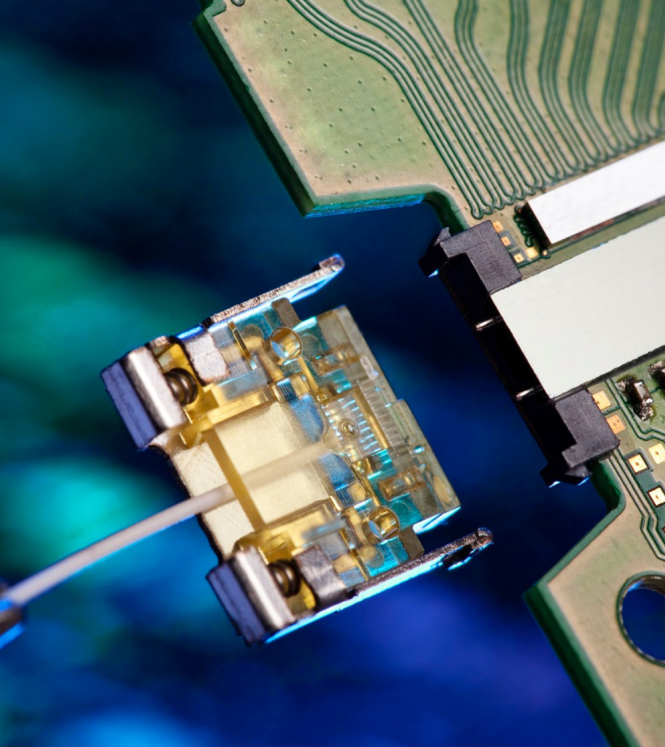
Dutch innovation for a safer, more sustainable future
Read more
